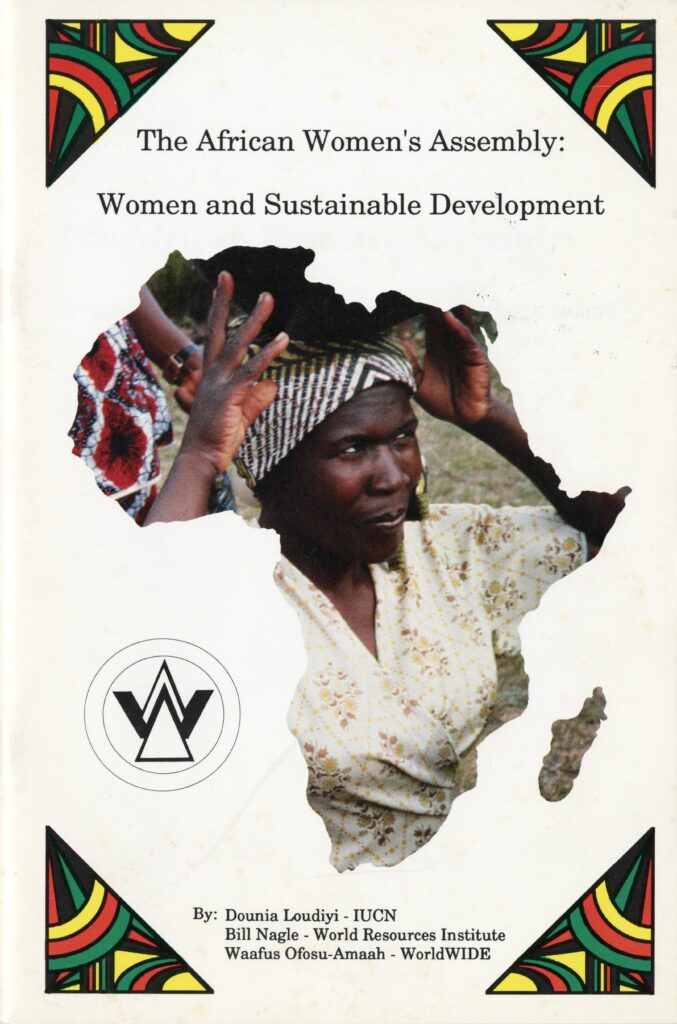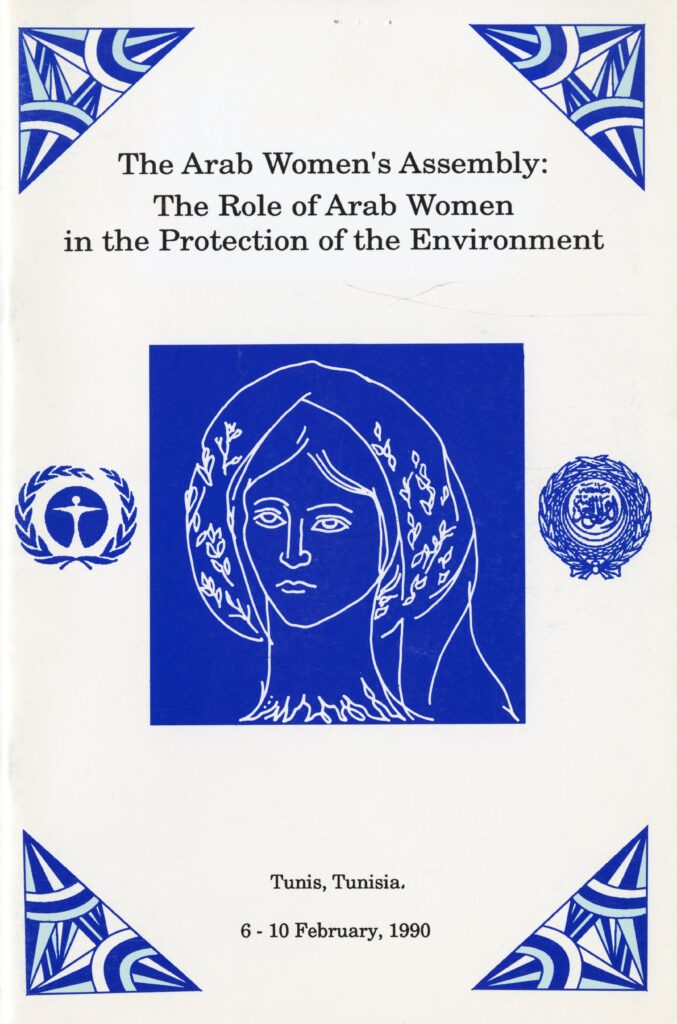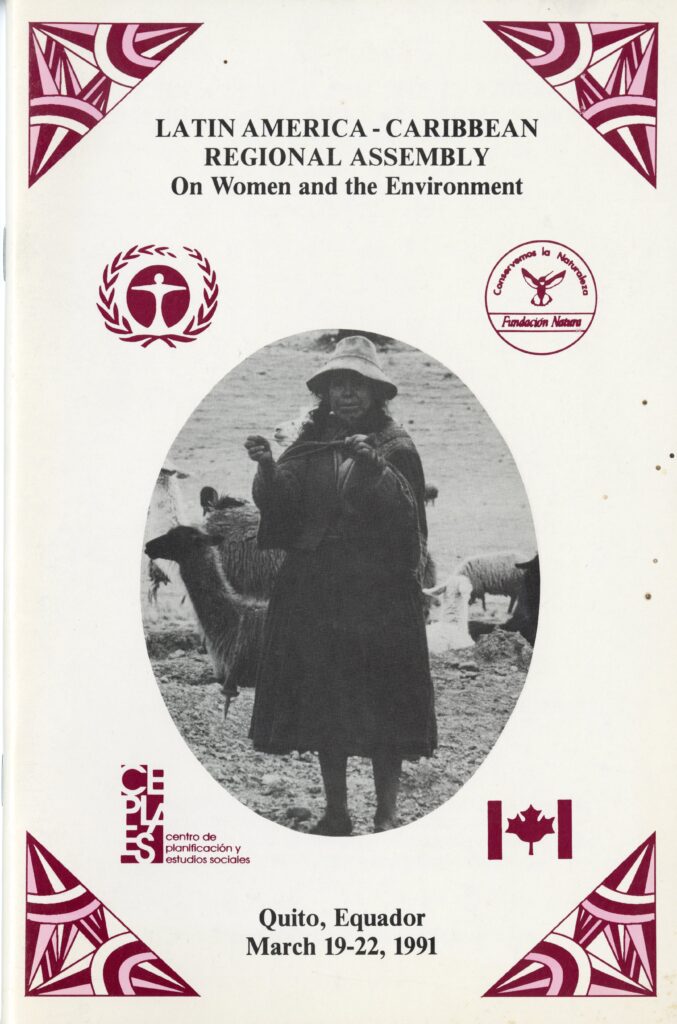The young environmental activist Greta Thunberg has gotten the world’s attention in the past year for her great passion and bold actions to fight climate change and persuade everyone to do their part. At 16 years old, she was the youngest to be named Time Person of the Year and was included in Forbes list of the World’s 100 Most Powerful Women in 2019. Wow! That’s quite an impact for one young woman to make.
Greta’s youth and unique voice have earned her tremendous fame and admiration, but she is not the first or the only woman concerned with the environment and climate change. A little archival box in the Women and Leadership Archives holds the records of an organization called the WorldWIDE Network and documents the collaborative work of thousands of women fighting to protect the natural environment.
The WorldWIDE Network was founded in 1981 with the mission of connecting women working to protect the environment and improve the management of natural resources. Although women for generations have been largely excluded from policy decisions, WorldWIDE recognized that the roles of women in their communities gives them unique knowledge and experience in managing resources and problem-solving. Members of the organization were scientists, professionals in numerous fields, representatives from local or international organizations, and everyday citizens leading grassroots projects in their communities.
WorldWIDE connected women with similar interests across the globe and in their own areas so they could share ideas and work together on issues relevant to them. Forums, locally organized chapters of WW held meetings and workshops to support efforts of women on a local and national level. As the network grew stronger, regional and global meetings were planned.
Along with newsletters, the archival collection includes 2 directories published by WorldWIDE in the early 1990s. The 1992 directory lists the names, contact info, and interests of 1,700 women from 115 countries, all involved in projects aimed at protecting the natural environment.
My favorite part of the collection are the fascinating reports from the four regional assemblies held in Zimbabwe, Tunisia, Thailand, and Ecuador. Between 1989 and 1991, WorldWIDE worked with the United Nations and other organizations to plan four Regional Assemblies of Women and the Environment. The assemblies brought together women of Africa, West Asia/ Arab World, Asia/ Pacific, and Latin America/ Caribbean to share expertise and experience. The report from the African Women’s Assembly noted that farmers, academics, researchers, practitioners in the field, and policy makers from over 20 different countries joined the assembly. Participants at each assembly discussed how to manage the vital resources in their own regions and how to include more women in taking ownership of the future of their own communities. It is easy to imagine that the information shared was helpful to many, as well as the sense of camaraderie created when women were able to gather and encourage each other’s work.
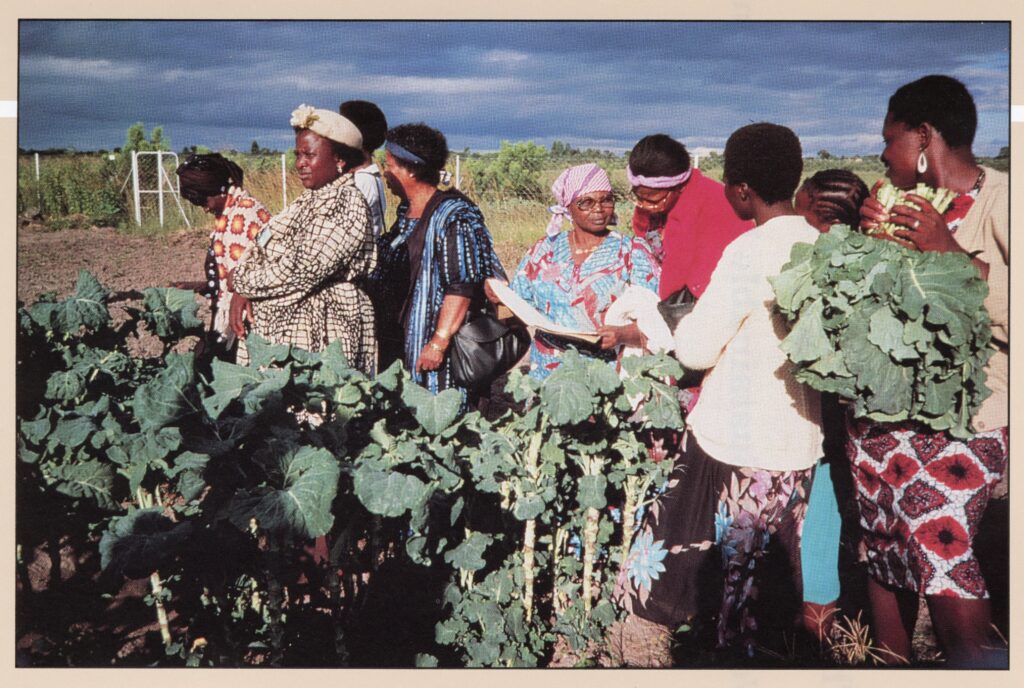
The WLA’s small archival collection does not tell us what became of the organization after 1995. My Google search did not bring up any information about WorldWIDE Network, but it did reveal numerous other organizations working today with the same goals. And women wishing to share concerns and ideas about protecting our planet have one life-changing tool that the members of the WorldWIDE Network didn’t have in the 1980s: Social media. Social media and all of the other online resources that we use daily make it easy for people to connect with others with similar interest and raise awareness locally and globally about problems and projects that affect the environment. We can create our own worldwide networks.
This Earth Day, let’s remember the women of the WorldWIDE Network (who are probably still out there leading the way). Let’s all reach out, connect with others, and find ways to serve our community and our world to protect the resources we all share!
To learn more about WorldWIDE Network, see the finding aid here and visit the WLA to explore the collection.
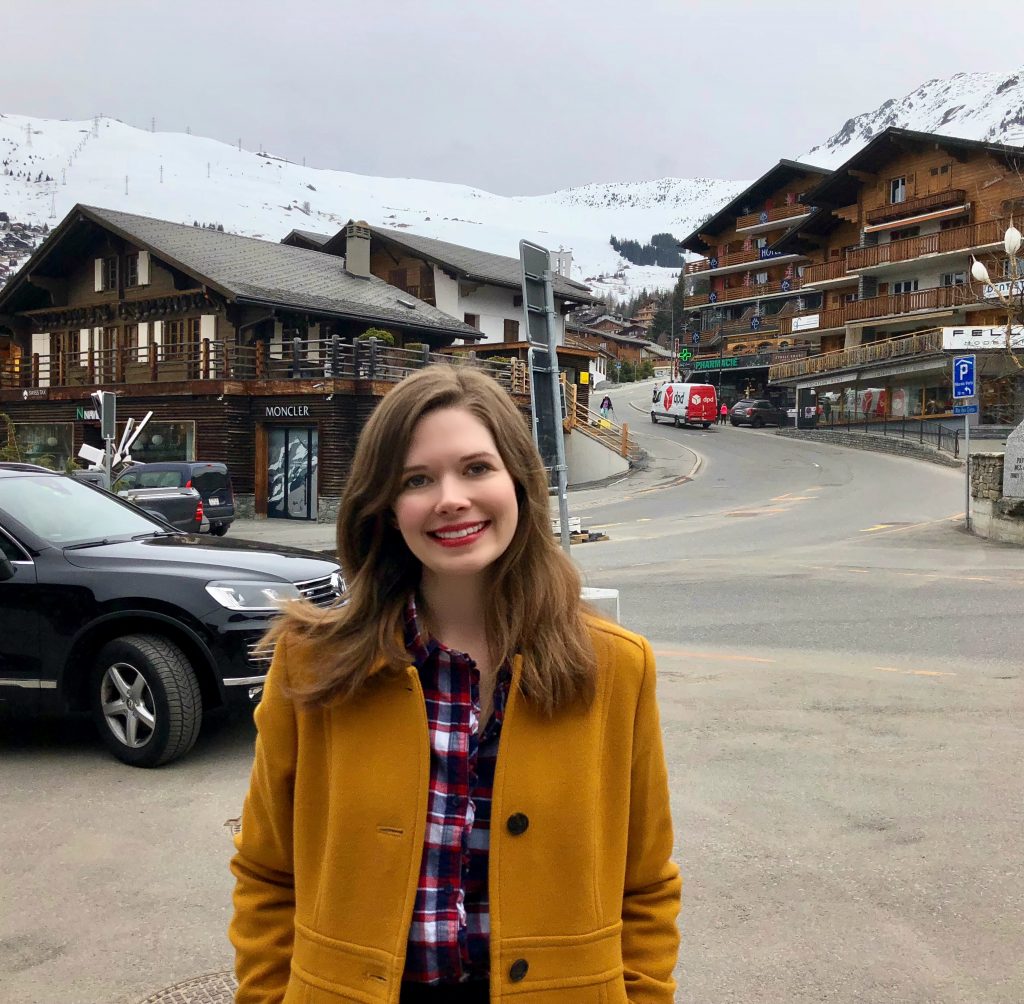
Caroline is a Project Archivist at the WLA and a graduate of the Public History Masters Program at Loyola University of Chicago. She is a resident of Logan Square is always looking for strong coffee and good donuts.
Loyola University Chicago’s Women and Leadership Archives Blog is designed to provide a positive environment for the Loyola community to discuss important issues and ideas. Differences of opinion are encouraged. We invite comments in response to posts and ask that you write in a civil and respectful manner. All comments will be screened for tone and content and must include the first and last name of the author and a valid email address. The appearance of comments on the blog does not imply the University’s endorsement or acceptance of views expressed.

